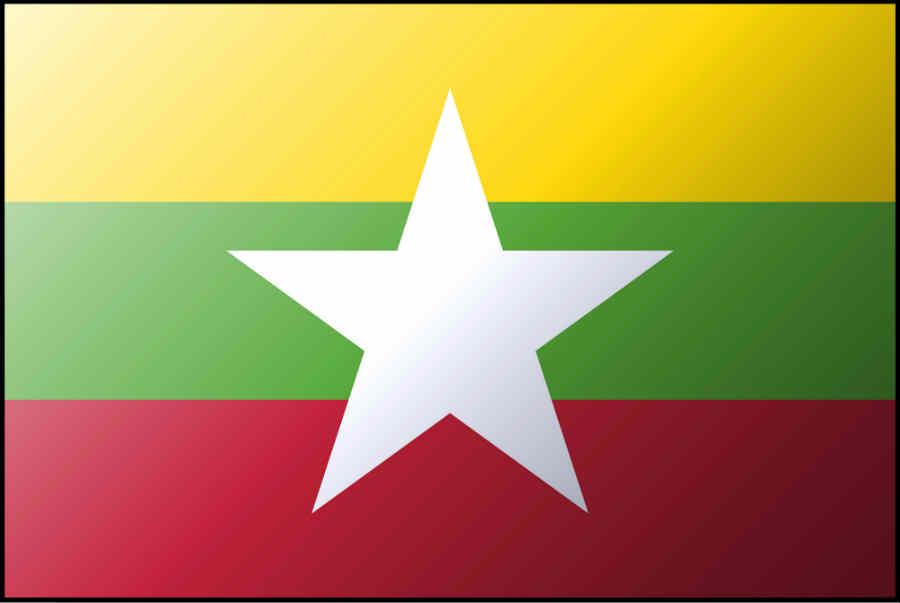
Burma Sanctions: Frequently Asked Questions
The following blog is excerpted from an interview with an OFAC lawyer in which he discusses Burma’s country-based sanctions.
What are the country-based sanctions for Burma and are they still in effect?
In Burma, most of the country-based sanctions have been removed. There is no longer a broad prohibition on the entire country of Burma because of the positive developments that have happened there. There have been a lot of pro-democracy reforms in Burma. For example, minority political parties have gained some traction and they are being represented. In recognition of these positive developments, the U.S. government lifted the country-based sanctions, but there are still sanctioned persons in Burma. A lot of the key economic players in Burma are still on the Specially Designated Nationals (SDN) list because of their prior activities that justified putting the entire country of Burma under sanctions.
Are the smart sanctions still in effect against individuals or entities in Burma?
Yes. Many of the key economic players in Burma are still subject to smart sanctions. Such sanctioned persons include people who control key industrial and infrastructural centers in Burma. U.S. persons are prohibited from directly or indirectly transacting with those persons or companies that those persons may control or own more than 50% of. Thus, there is still a lot of compliance risk associated with investing in Burma and doing business in Burma. Having knowledgeable counsel review proposed transactions and investigate the backgrounds of potential business partners in Burma is important to avoiding OFAC violations
Is it safe to invest in Burma or Burmese entities and what steps would someone take to do so?
“Safe” is a relative term. People are allowed to invest in Burma now but they were not allowed to do so two years ago, so in that regard it is safer to invest. However, they would still have to worry about the people who appear on the SDN list that are based out of Burma because transactions with those individuals or those companies would still be considered a violation.
Performing due diligence and making compliance a key component to any investment strategy in Burma is critical to protecting one’s company, the people who work for that company, and everyone’s reputation. It would be unfortunate to undertake a transaction or make an investment in Burma that would otherwise be a positive development, and then suffer some setbacks because one of the companies is associated with human rights or other abuses in Burma. The entire development program or investment strategy would then have to be put on hold while OFAC investigates potential violations.

